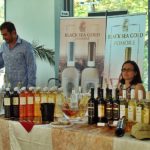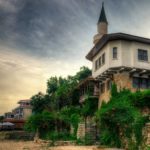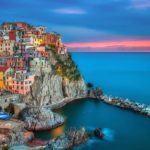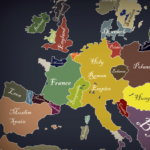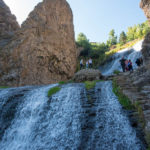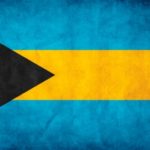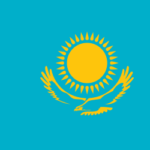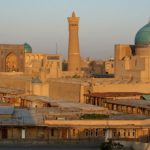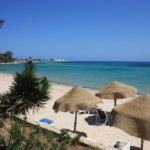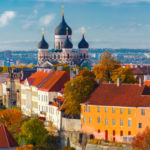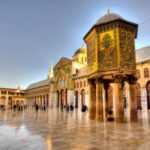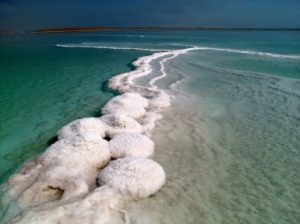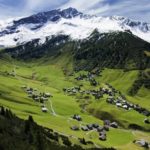Interesting facts about Bulgaria
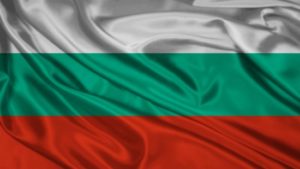 Bulgaria is not only an inexpensive resort, popular with Russian tourists, it is also an ancient land with a rich history and wonderful nature. Magnificent mild climate, low prices, excellent ecological conditions – all this attracts many vacationers. However, some of those who had a chance to relax in Bulgaria begin to look with great interest at this country, because it is not so difficult to get here permanently.
Bulgaria is not only an inexpensive resort, popular with Russian tourists, it is also an ancient land with a rich history and wonderful nature. Magnificent mild climate, low prices, excellent ecological conditions – all this attracts many vacationers. However, some of those who had a chance to relax in Bulgaria begin to look with great interest at this country, because it is not so difficult to get here permanently.
Bulgaria as a state arose in 681, and in all of its history it has never been renamed. As a separate people, the Bulgarians are mentioned for the first time even earlier – in 354.
Bulgarian Plovdiv, whose age is about 6 thousand years – the oldest continuously inhabited city in Europe.
Bulgarian scientists are convinced that Cyril and Methodius, the creators of the Old Slavonic language and the alphabet, were Bulgarians. According to the most common version, however, the brothers were of Greek origin.
Literature of Bulgaria is the oldest of the Slavonic, it originated in 886.
Christianity among the Slavic peoples was first adopted by the Bulgarians.
In all CIS countries, the angular manual circular saw is called a “Bulgarian” at the place of its first production. In addition, “sweet” is called “sweet pepper”.
Bulgarian sign language is very different from what is accepted elsewhere in the world – a nod means disagreement, and head movement from side to side, on the contrary, should be interpreted as “Yes.”
In Bulgaria there are more than 4 thousand caves.
The Bulgarian folk song Izel ye Delyo Haydutin became one of the musical works, the record of which was sent to space aboard the Voyager ship – if it gets to extraterrestrial civilizations, they will be able to comprehend the culture of the Earth.
Bulgaria does not have independent television and radio stations.
The oldest tree in Bulgaria is the oak, which grows in the village of Granit for 1650 years (the circumference of its trunk is about 7.5 meters, the crown in the girth is 1017 square meters, and the height is 23.5 meters). The tallest tree is a 360-year-old white fir that rises 62 meters high.
On Christmas Day, people in Bulgaria bake a pie called “banitza”, in which coins, notes and other surprises are put. According to this cake the Bulgarians are trying to predict what will happen to them in the coming year.
Despite the wide spread of Orthodoxy and the almost complete absence of Catholics among local residents, in Bulgaria Christmas is celebrated together with the whole of Europe on December 25.
During the New Year in Bulgarian houses for a few minutes turn off the light – the time that the hosts and their guests spend in the dark, is designed for New Year’s kisses, which will remain a secret.
Bulgaria, by the number of objects under the protection of UNESCO, ranks third in the world – only Greece and Italy are ahead of it.
In Bulgaria, the oldest building on the Balkan Peninsula, an apartment building dating back to the 10th-12th centuries, was built in the times of the Byzantine Empire.
Bulgaria is the world’s largest supplier of rose oil, one of the most expensive ingredients used in perfumery.
The Bulgarian language consists almost entirely of borrowings – there were only seven Bulgarian words left in it.
One of the main national holidays is the Day of Courage and the Bulgarian Army (St. George’s Day), which is celebrated on May 6. On this day it is customary to go out of town, into the countryside, and eat a whole lamb or kid, roasted entirely.
Bulgarians do not know what cottage cheese is – in this country the country does not produce it.
Bulgarian vineyards allow producing more than 200,000 tons of wine per year, which makes Bulgaria one of the largest wine-making countries in the world. Wine traditions of this state are more than 1000 years old.
On the territory of Bulgaria, the oldest golden treasure in the world was found – a treasure of three thousand gold objects with an age of about 6 thousand years.
